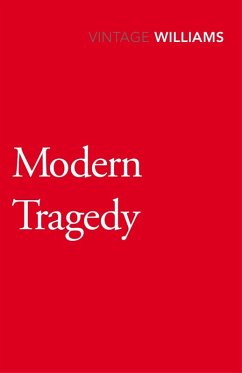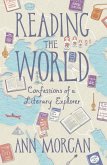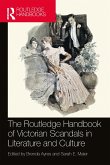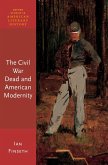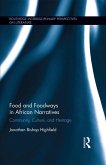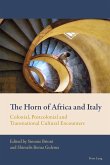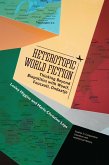In
Modern Tragedy, Williams bridges the gap between literary and socio-economic study, tracing the notion of tragedy from its philosophical and dramatic origins with Aristotle. In addition, Williams discusses tragedy in Chaucher, Nietzche, Brecht, Sartre and other leading figures in the history of thought, as well as elements of tragic experience - both political and personal - in socialist revolutions of the 20th century.
Dieser Download kann aus rechtlichen Gründen nur mit Rechnungsadresse in A, B, BG, CY, CZ, D, DK, EW, E, FIN, F, GR, HR, H, IRL, I, LT, L, LR, M, NL, PL, P, R, S, SLO, SK ausgeliefert werden.

